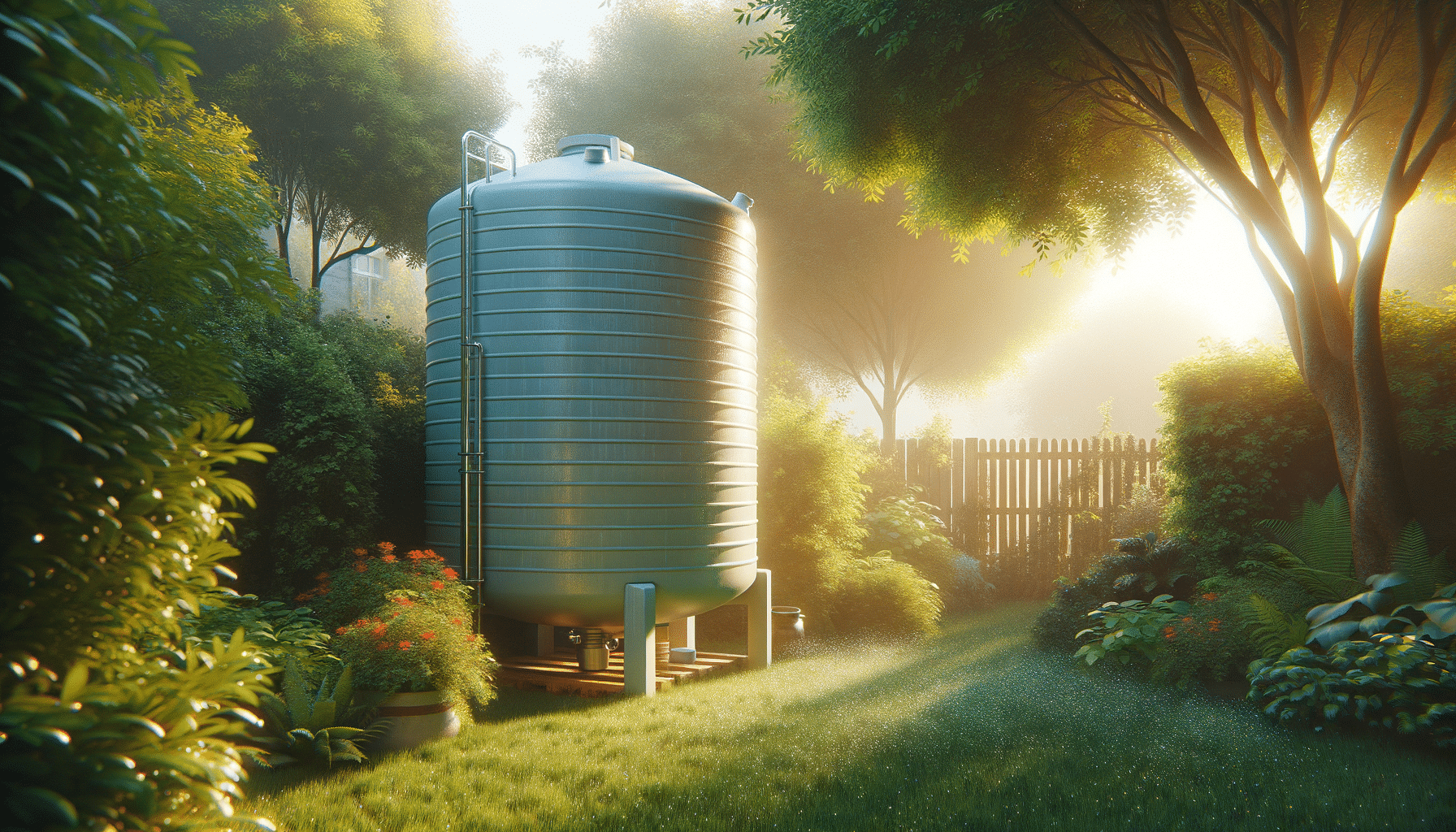
Understanding Water Storage Tanks: Essential Insights for Homeowners
Introduction to Water Storage Tanks
Water storage tanks play a pivotal role in managing water resources efficiently, especially in residential settings. Whether you’re dealing with water scarcity or just looking to store water for emergencies, understanding the various aspects of water storage tanks can greatly benefit homeowners. In this article, we delve into the importance, types, and maintenance of water storage tanks, offering insights that can help you make informed decisions.
Types of Water Storage Tanks
Water storage tanks come in various types, each designed to cater to different needs and conditions. Here are some common types:
- Plastic Tanks: These are lightweight and relatively inexpensive, making them a popular choice for residential use. They are resistant to rust and corrosion, ensuring longevity.
- Steel Tanks: Known for their durability, steel tanks are suitable for storing large volumes of water. They are often used in industrial settings but can also be found in residential areas where robustness is required.
- Concrete Tanks: These tanks are highly durable and can be constructed on-site, offering flexibility in size and shape. They are ideal for permanent installations.
- Fiberglass Tanks: Resistant to corrosion and chemicals, fiberglass tanks are suitable for both above-ground and underground installations.
Choosing the right type of tank depends on factors such as budget, space availability, and specific water storage needs.
Benefits of Water Storage Tanks
Installing a water storage tank comes with numerous advantages, making it a wise investment for many homeowners:
- Emergency Water Supply: In times of water shortages or emergencies, having a stored water supply can be invaluable.
- Cost Savings: By collecting rainwater, homeowners can reduce their reliance on municipal water, leading to significant cost savings over time.
- Environmental Impact: Utilizing stored rainwater reduces the demand on local water resources and promotes sustainable water use.
These benefits highlight the value of incorporating water storage solutions into residential water management strategies.
Maintenance and Care for Water Storage Tanks
Proper maintenance of water storage tanks is crucial to ensure their longevity and the quality of stored water. Here are some maintenance tips:
- Regular Cleaning: Periodically clean the tank to prevent algae and sediment buildup, which can affect water quality.
- Inspect for Leaks: Regularly check for leaks or cracks to avoid water loss and potential contamination.
- Check Fittings and Valves: Ensure that all fittings and valves are functioning correctly to prevent leaks and ensure efficient water flow.
By adhering to these maintenance practices, homeowners can ensure their water storage tanks remain in optimal condition.
Conclusion: Making the Most of Water Storage Tanks
Water storage tanks are an essential component of effective water management in residential settings. By understanding the different types, benefits, and maintenance requirements, homeowners can make informed decisions that enhance water security and sustainability. Investing in a suitable water storage tank not only provides a reliable water source but also contributes to environmental conservation efforts.


